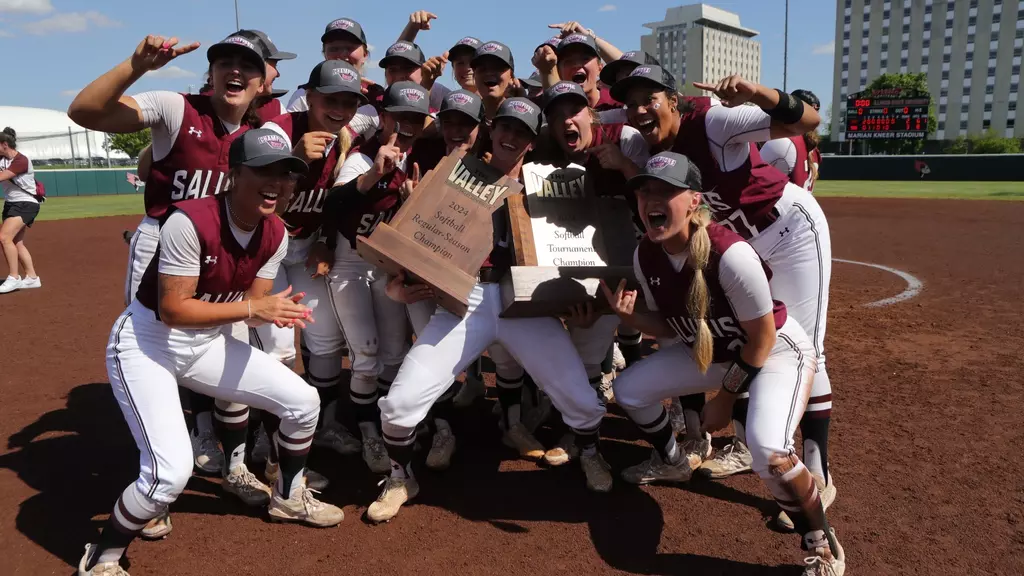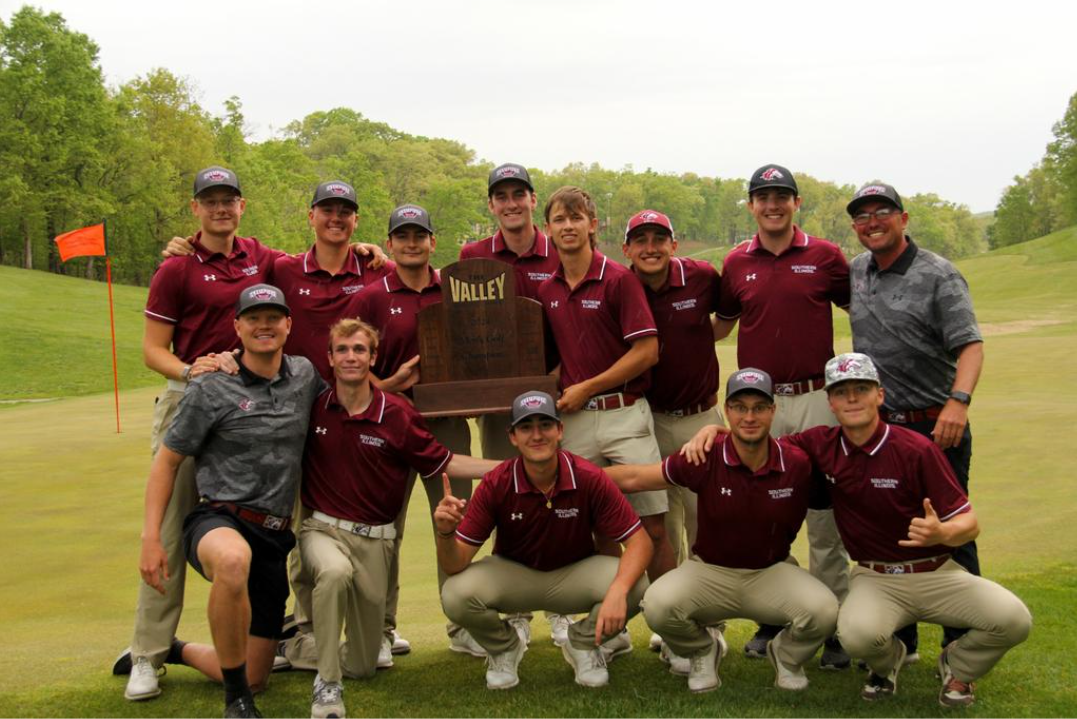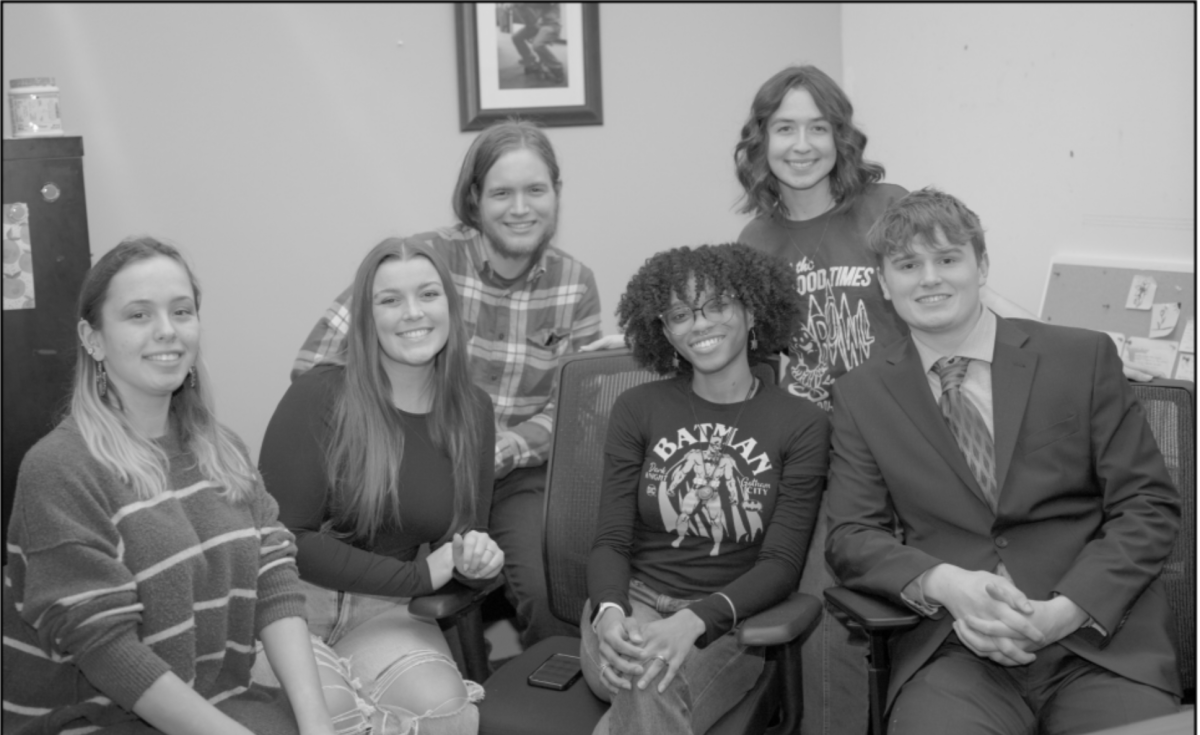Fifty years later, King’s footsteps remain powerful
September 3, 2013
There was a dream 50 years ago, and for many that dream is still alive today.
The 1963 March on Washington for Jobs and Freedom is documented as one of the largest political rallies for human rights in United States history, a movement that called for civil and economic rights for blacks.
Advertisement
Organized by a group of civil rights, labor and religious organizations, the march consisted of more than 200,000 people. Observers estimated that nearly 80 percent of the marchers were black.
Fifty years later, university community members continue to celebrate the event but still acknowledge the need for continual progress.
Derrick Williams, Black Resource Center coordinator, said his organization will be working in conjunction with Benjamin Smith, student coordinator of the Black Male Initiative, to bring awareness to the 50th anniversary of this historic day by hosting an anniversary event at 5 p.m. today outside of the lower level of Grinnell.
“What a lot of people don’t know is that there were a lot of unsung heroes that spoke that day, particularly A. Phillip Randolph,” Williams said. “We want to highlight the hidden heroes of that day. A lot of the speeches that were given before Dr. King really laid out a detailed plan of action on how to organize for jobs. This was a multi-racial march, not just for African-Americans.”
Brandon Willingham, Alpha Phi Alpha president, said that his organization plans to get involved on Wednesday to commemorate the legacy and honor of Dr. Martin Luther King Jr.
“We have come far, but there is still work to be done and accomplished,” said Willingham, a senior from Olathe, Kan., studying journalism. “If we as a people would work together to get to know each other and grasp the concept of unity in all races, then we will be able to progress forward as a whole.”
He said every spring semester, his organization has a campus march, as well as a meet and greet breakfast in King’s honor.
Advertisement*
Kameron Hill, a senior from Peoria studying electronic journalism, said that being able to “communicate with any and all races” is vital in order to be able to improve. He believes that there are still many obstacles that prevent all Americans, regardless of race, from being successful.
“Although many African Americans have come far, such as Barack Obama being elected president and our race obtaining the right to vote, we can’t be too proud of certain things and must continue to work hard to make sure we are equal in all aspects.”
Advertisement







